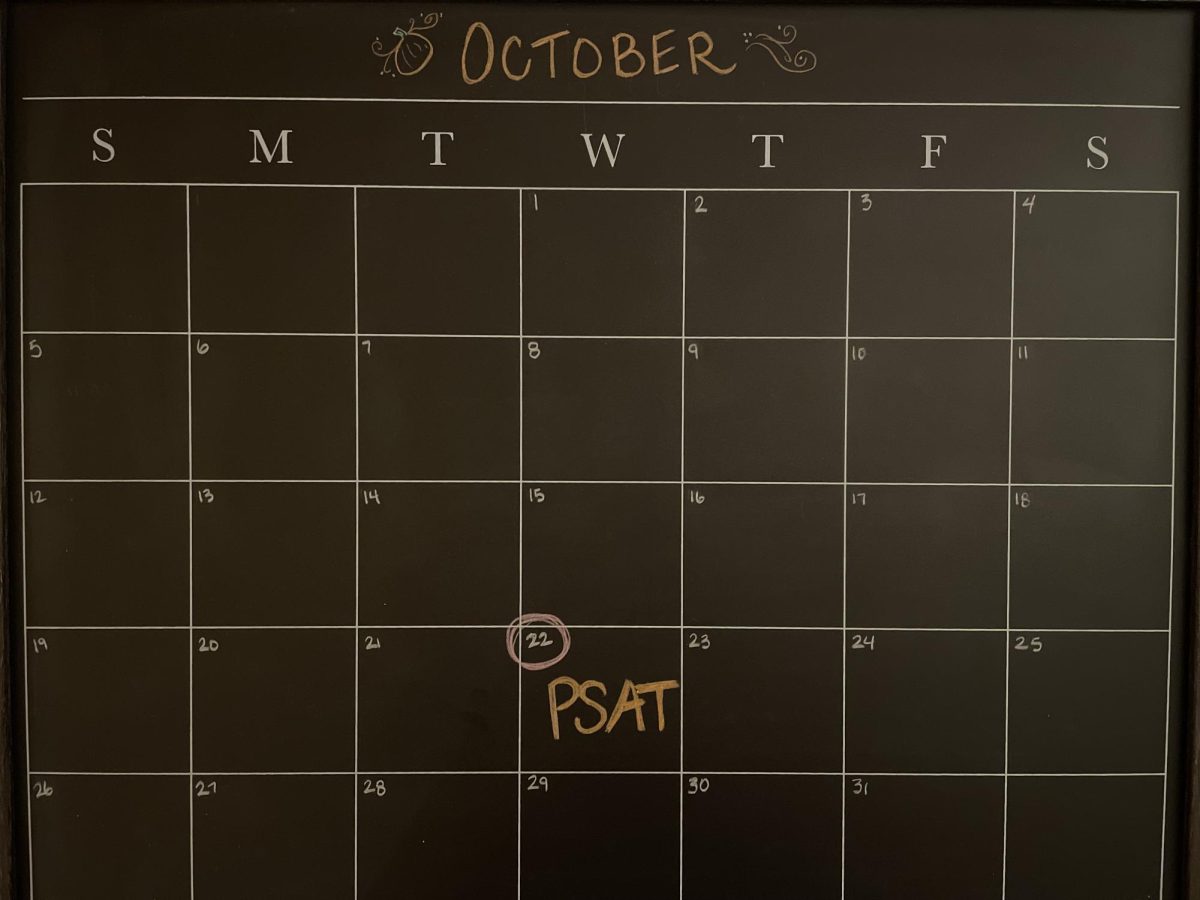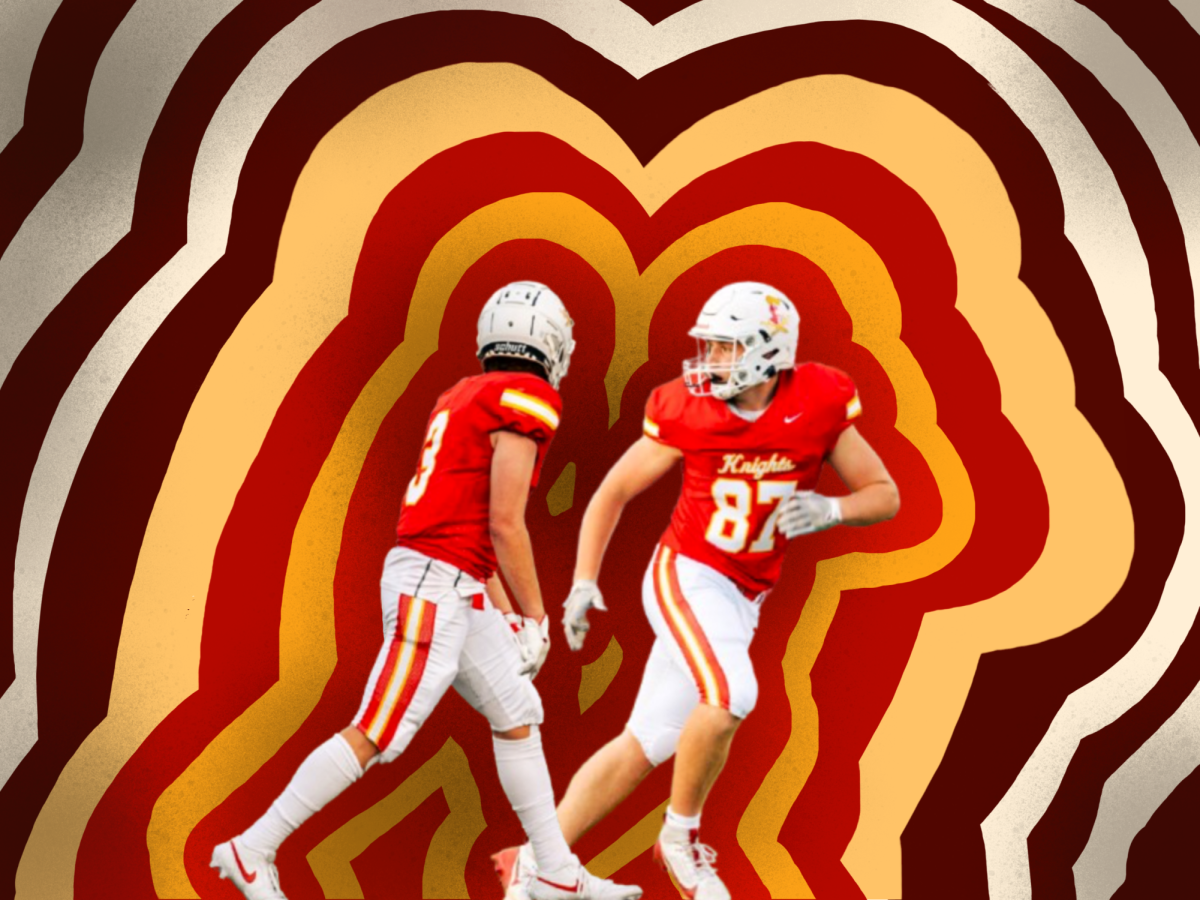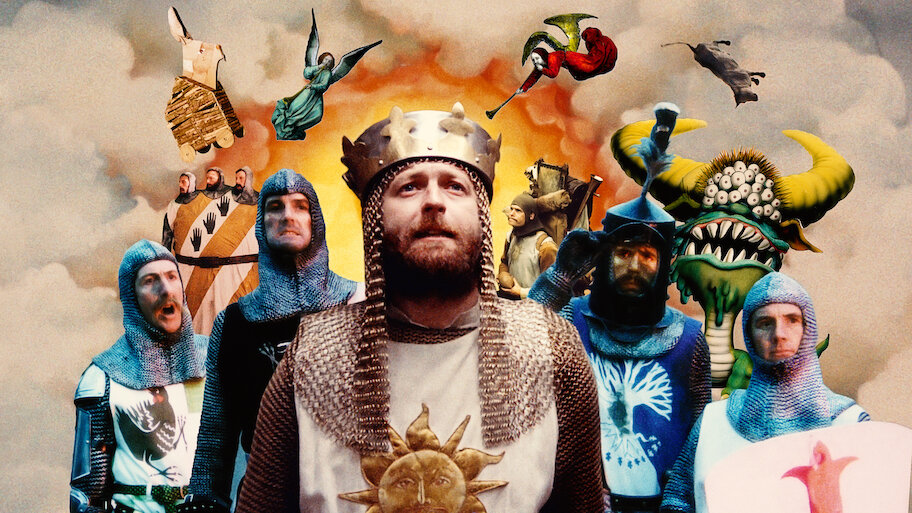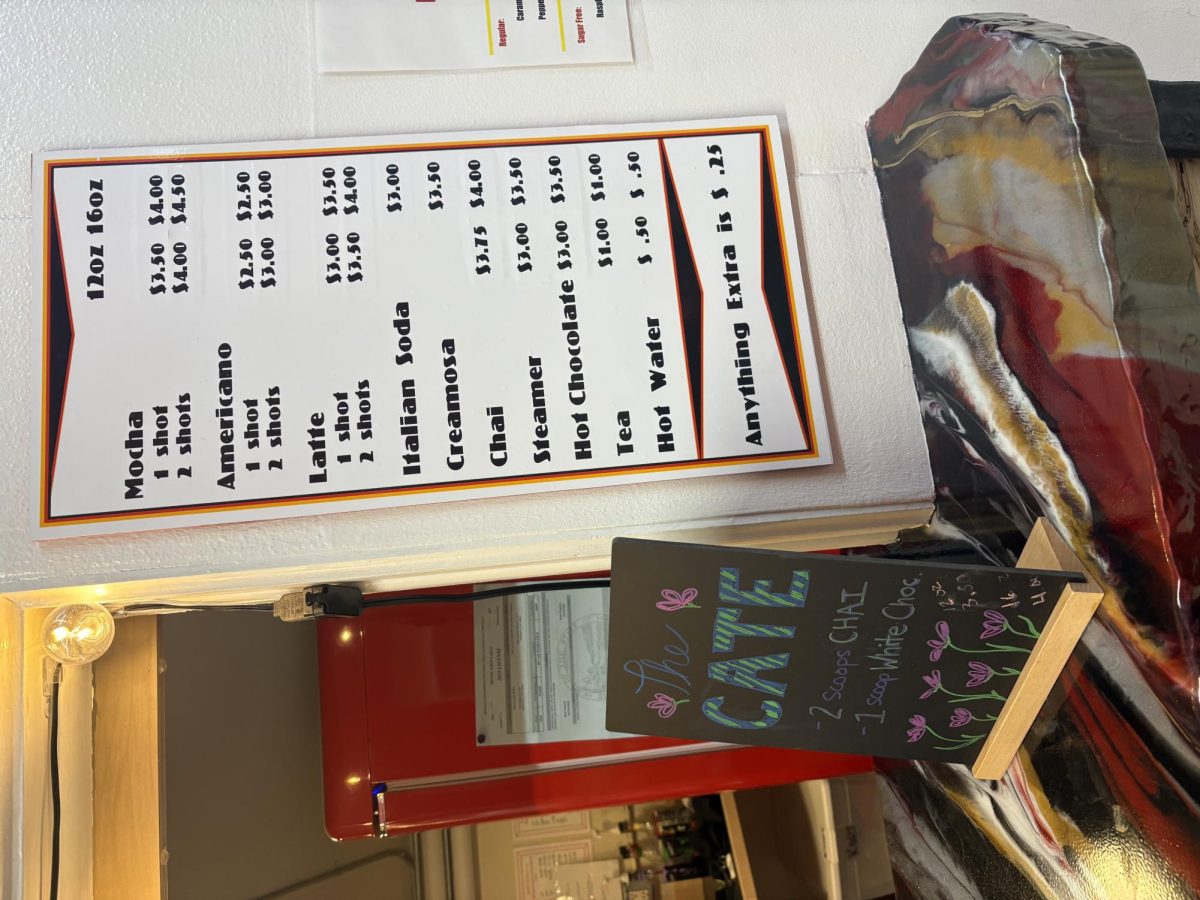For an extended period of time, Haiti has experienced a large amount of citizen and political unrest. Following the assassination of President Jovenel Moise in 2021, Haiti has failed to hold elections for multiple terms. Haiti then fell into a period of extreme violence and protest. Prior to Moises’ assassination, militia and armed groups worked alongside politicians in order to gain votes as well as threaten the opposing politicians. These groups have now taken control of around 80% of the capital, United Nations has estimated.
On April 25, current Prime Minister Ariel Henry officially resigned. The groups responsible for the political crisis have also been the lead of increased killings and kidnapping since Moises death. In early March, the violence hit a new peak when two prisons were raided, releasing around 4,000 prisoners. In addition to the violence, Haiti is still trying to recover from the earthquake in 2010 that killed hundreds of thousands of people, and left over a million homeless.
One of the two main militia groups is named G-9, and is led by a former police officer named Jimmy Chérizier. Chérizier has become the face of the unrest in Haiti, and has been a leader in some of the large attacks against institutions. The same day Henry resigned, a transitional council was installed and they are working to hopefully have an official election in 2026. The council is also to set up a national security council. According to IOM (International Organization for Migration) more than 300,000 people are displaced across Haiti, and this number is growing.
Many observers are worried about what is to come in a country that has experienced so many years of violence and crises. Haitians are now weary of international involvement because they believe it will only add to the chaos, which has been seen previously. Kenya was set to send one thousand police officers to Haiti to help with the violence, but that plan was put on pause and its status is now unknown.





